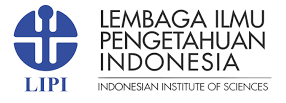Penerapan Sanksi Hukum: Analisis Kontemporer Berdasarkan Kitab Undang-Undang Hukum Pidana
Abstract
This research was conducted with the aim of knowing the forms of sanctions according to the Criminal Code and to find out the constraints faced in applying sanctions according to the Criminal Code. The type of research used is normative research, a normative method is legal research regarding the application of legal provisions (codification, laws or contracts) in action at every legal event to analyze law that is seen as community behavior. Based on the analysis of data and facts, the conclusions are as follows: . Forms of Types of Criminal Sanctions. in criminal law it can be seen in Article 10 of the Criminal Code. Article 10 of the Criminal Code stipulates that punishment consists of Principal Crimes, which consist of Death Penalties. Death penalty is the harshest punishment in the criminal system, imprisonment is the principal punishment in the form of confinement or deprivation of a person's freedom, and detention is a form of punishment for deprivation of liberty for the convicted person, criminal fines as well as additional crimes and constraints faced in the application of sanctions according to the Criminal Code, these influential factors can be grouped into two, namely internal factors which include Judge Internal Factors, namely the Application of Different Knowledge, Judge Integrity, Trust and Human Sense, Meanwhile and external factors. Judges namely Intervention from Superiors, Mass Pressure and Political Pressure.




1.png)





.png)

.png)







